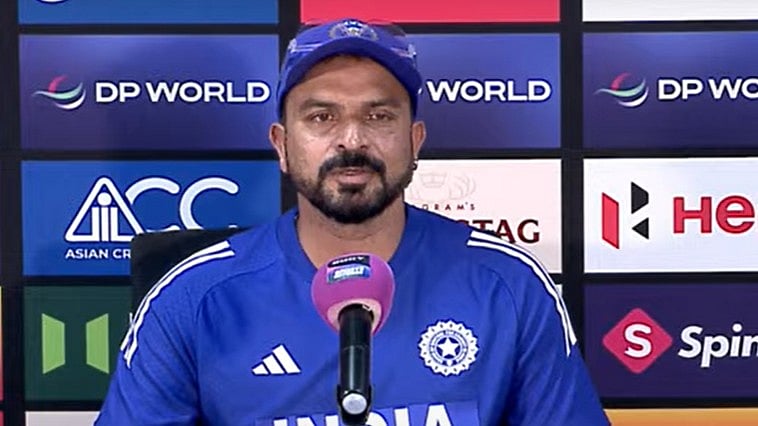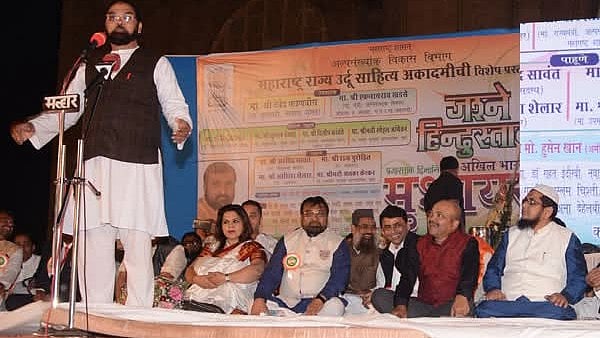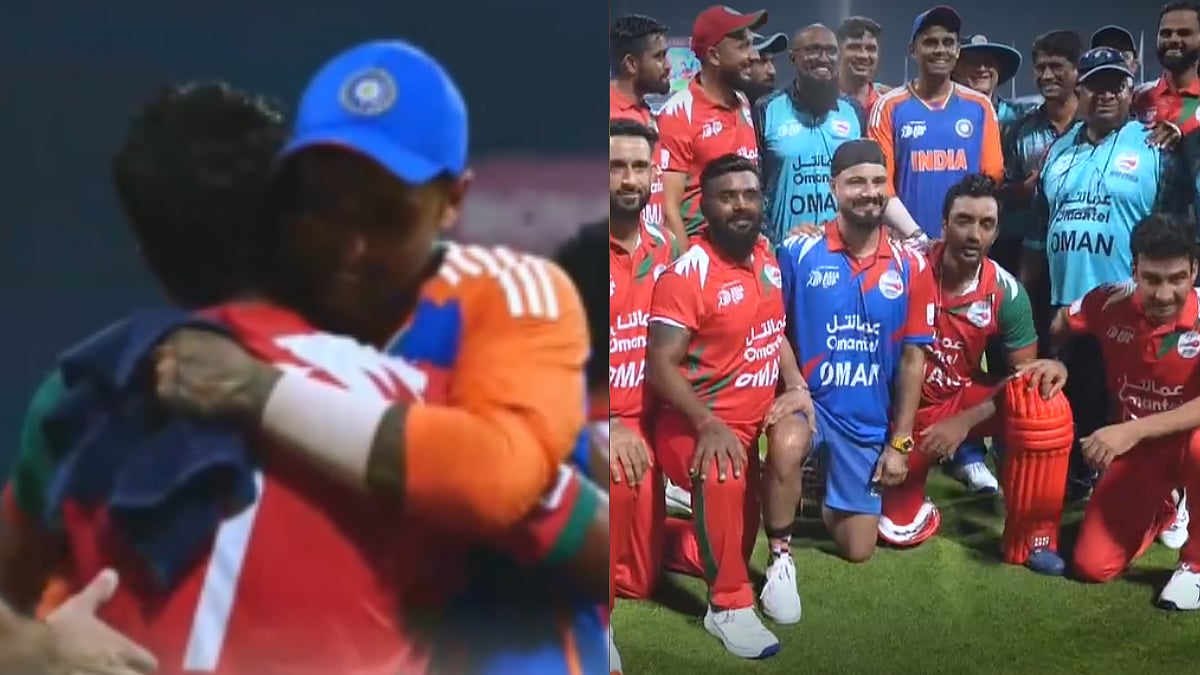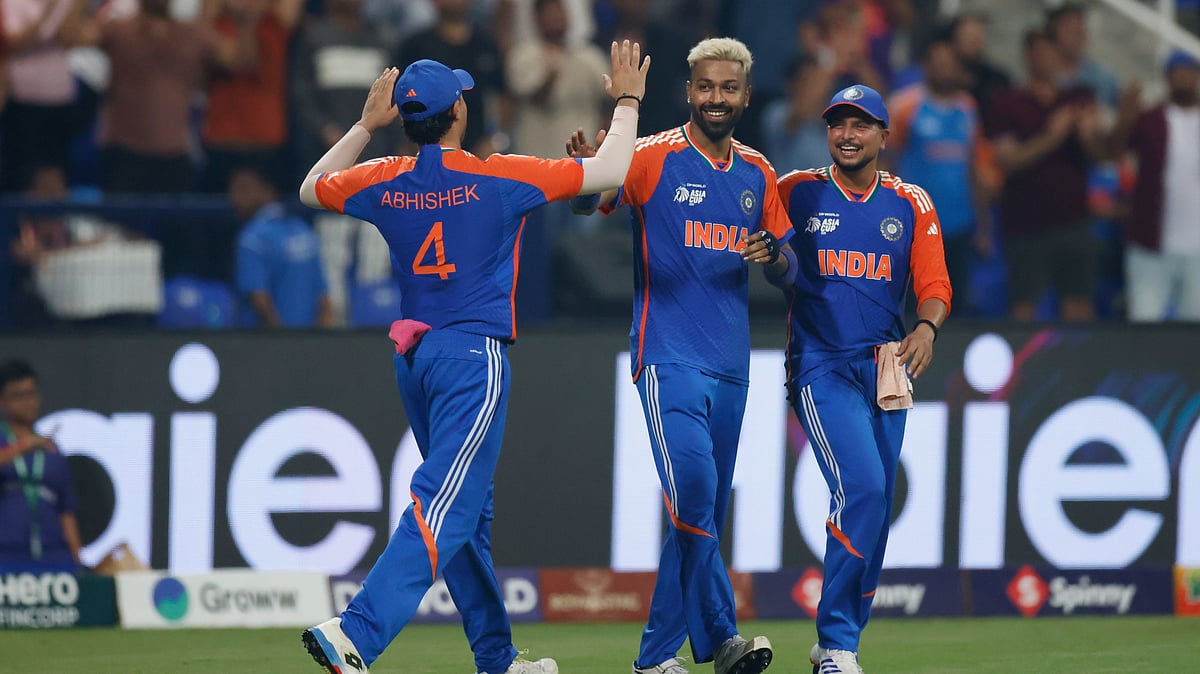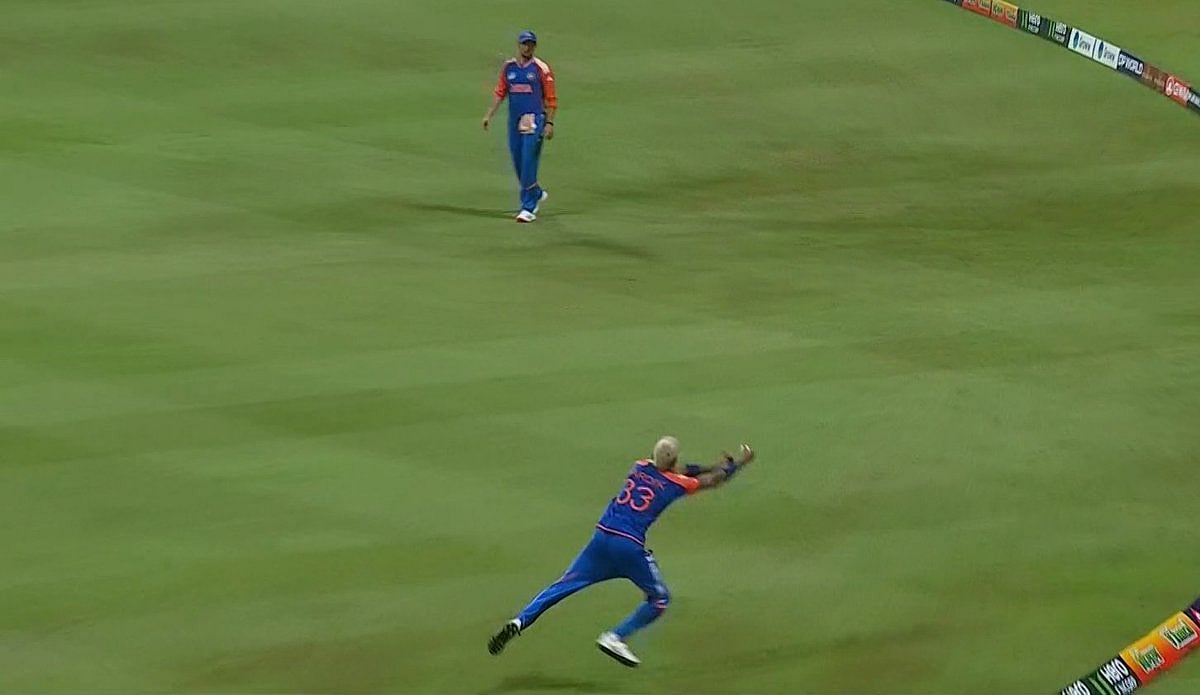Exactly 20 years ago, Vijender Singh went to his first Olympic Games in Athens with three other Indian boxers, Akhil Kumar (flyweight), Diwakar Prasad (bantamweight) and Jitender Kumar (light heavyweight).
Inspired by boxing legends Hawa Singh and Raj Kumar Sangwan, the son of Mahipal Singh Beniwal, a bus driver with Haryana Roadways, had decided to try his luck in sports with the hope of landing a government job.
“I started with hockey, but quickly realised that it is an expensive sport and moved to gymnastics. But some of the exercises were difficult. But since I wasn’t getting proper nutrition, I wasn’t very strong. When I entered the boxing ring, I immediately caught the eye of my coach, Jagdish Singh, who insisted I come every day. Initially, I was beaten by all the boys, but after a month or two, I knew I’d found my calling,” he smiles with satisfaction.
Back then there was only the one Bhiwani Boxing Club, started by Honorary Captain Hawa Singh, who won 11 National Championships straight and clinched a record two golds in the 1966 and 1970 Asian Games. Today, there are 13-14 boxing clubs in his hometown, drawing the children of bus drivers, constables and soldiers who like him want to elevate their lives. The popularity of boxing is primarily because of Vijender who created history by winning India’s first Olympic medal in the sport.
But this didn’t happen in Athens. Reminiscing about his first Olympic games, he recalls that when they entered the stadium for the opening ceremony, it felt like a wonderland.
“So many contestants from so many countries, speaking Hindi, English, Spanish and languages I’d never heard, so many lights and so many beautiful girls,” laughs the handsome boxer, who at 18 was the youngest in the 73-member Indian squad.
All four boxers lost in the first round, but four years later, in the 2008 Beijing Olympics, Vijender won a bronze medal. “I couldn’t sleep before the medal fight knowing that if I won, there would be name, fame, money and a government job. But If I lost, no one would remember me,” he reveals.
All that he remembers of that historic bout with Ecuador’s Carlos Gongora, which he won 9-4, is entering the ring and the referee raising his hand in victory. “In between, it’s a blank, but I did not forget to thank my coach, family and friends,” he chuckles.
Before Beijing, he’d been just another promising boxer, endorsing small brands for Rs 3,000. After the Olympic medal, he was a star, his face on TV, hoardings and in newspapers. “People flocked for photographs and autographs. It was disconcerting, but I would remind myself that such things rarely happen to a village boy and I should enjoy it while it lasts because nothing is permanent,” he shares.
His detractors insisted his victory was a flash in the pan. However, Vijender was World No. 1 for two years and won another bronze in the World Amateur Boxing Championships in 2009. The following year, it was a gold in the Commonwealth Boxing Championship, a bronze in the Commonwealth Games and an Asiad gold.
In 2009, he was felicitated with the Rajiv Gandhi Khel Ratna along with boxer Mary Kom and wrestler Sushil Kumar. “I was happy to share India’s highest sporting honour with these two champions not only because of their amazing achievements, but also because they too came from humble backgrounds.”
After a silver medal in the 2014 Commonwealth Games, Vijendra turned professional which ruled him out of the 2016 Olympics. “Surviving 12 rounds in the ring is a challenge, but professional boxing is a craze and I love it,” exults the boxer, who contested the elections in 2019 on a Congress ticket, lost, and joined BJP this year.
“A lot of negative things were said, but boxing teaches you to be strong and unless young people come into politics, how can we change things?” reasons the 38-year-old pugilist who wants to do so much for the sport. “But for that I need to win the elections first. However, I did get Subroto Roy to finance an air-conditioned hall for the Netaji Subhash National Institute of Sports in Patiala so boxers don’t have to train in sweltering heat like we did for years.”
This year, Vijendra cheered the Indian contingent headed to Paris for the 2024 Olympics. There are just two male boxers (Amit Pangal and Nishant Dave) in contention, but four girls have qualified (Lovlina Borgohain, Preeti Pawar, Nikhat Zareen and Jasmine Lomboriya). “It’s nice to see doors opening for them after Mary Kom and Lovlina’s big wins, and it's nice to see Olympians togged out in designer uniforms and branded shoes. When I won my bronze, I was standing on the podium in a tracksuit which was one size too large and too-long hair, wondering how I looked on TV,” he laughs.
Vijender has two sons, Abir and Amrik. The elder one, at 11, is doing well academically and interested in all sports, including football and cricket. The younger one likes boxing, but his wife Archana, having seen him hurt so many times, doesn’t want the boys in the ring. “Boxing is a lonely sport. You have to fight yourself first before you compete with the world. It is not enough to just dream big, you need hunger, that’s what drives you,” asserts the man who has inspired many.
Who are his role models? “Not film stars for sure,” quips the boxer who has acted in Fugly and Kisi Ka Bhai Kisi Ki Jaan. “For me the real heroes are those jo galat ko galat kahe, sahi ko sahi.”
.jpg?width=1200)
